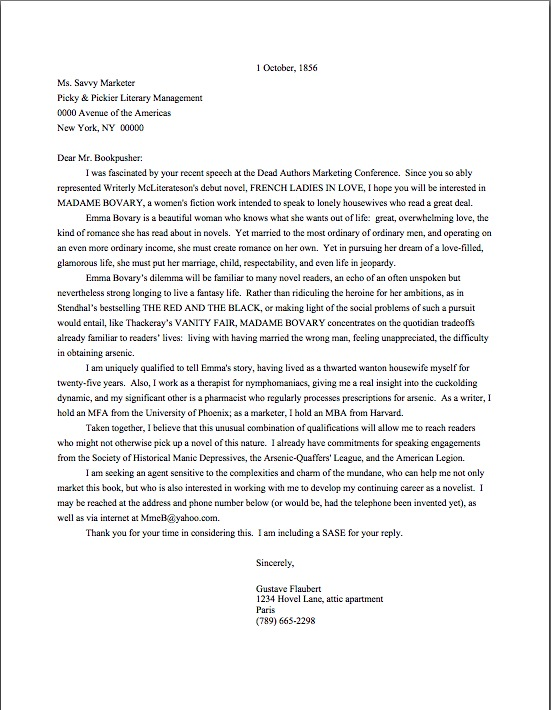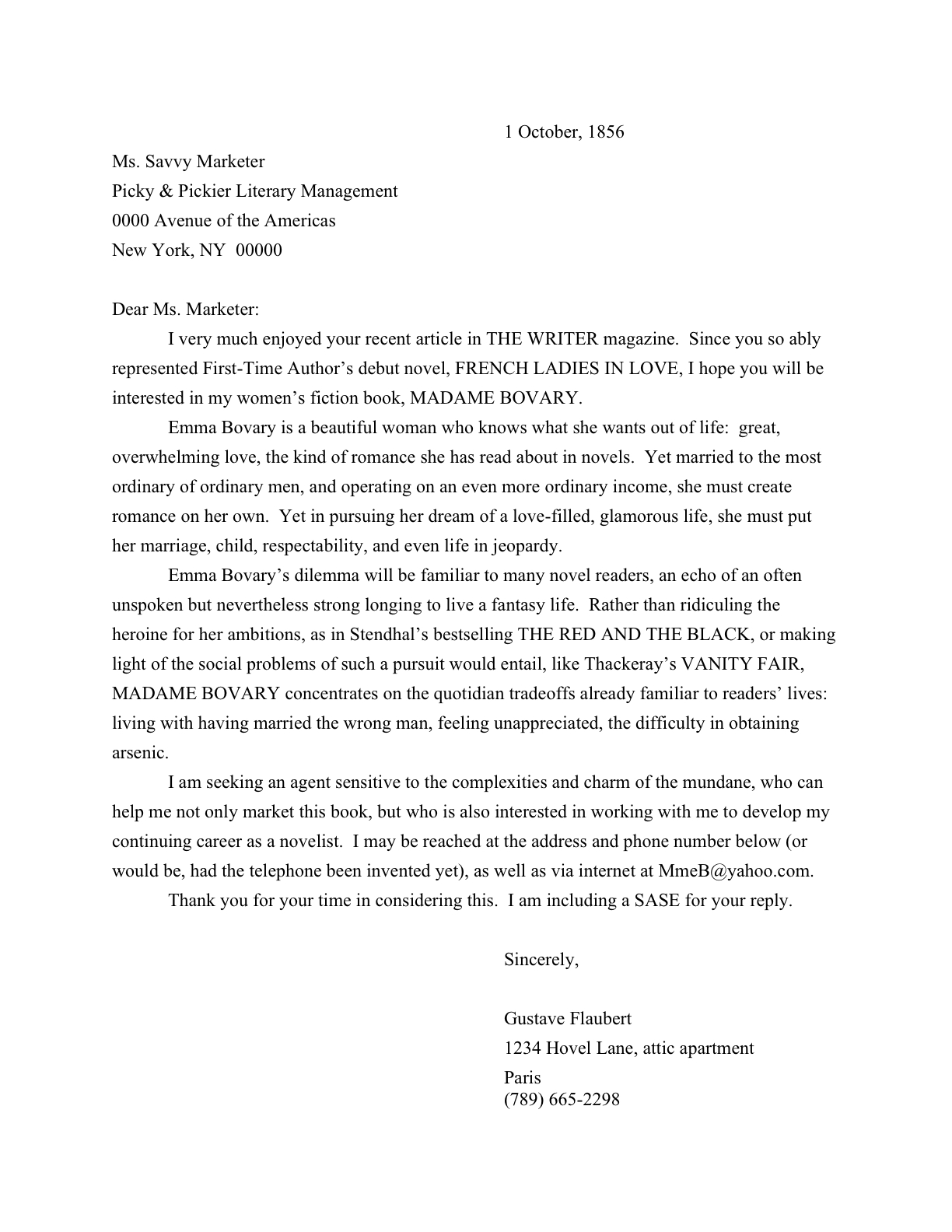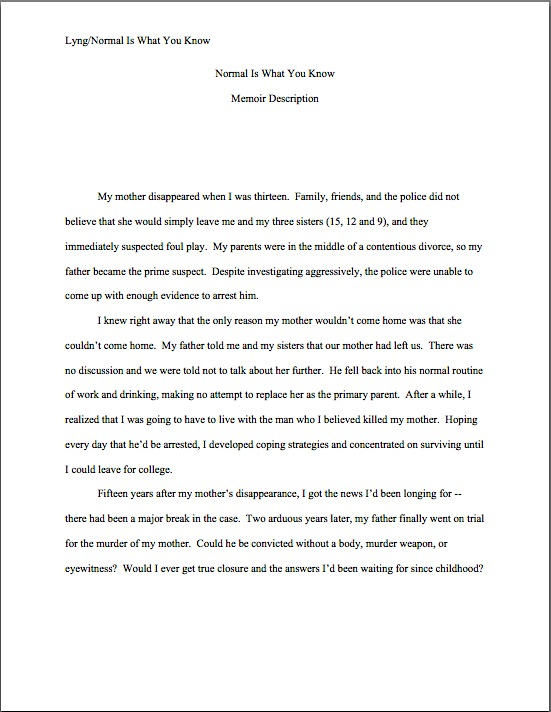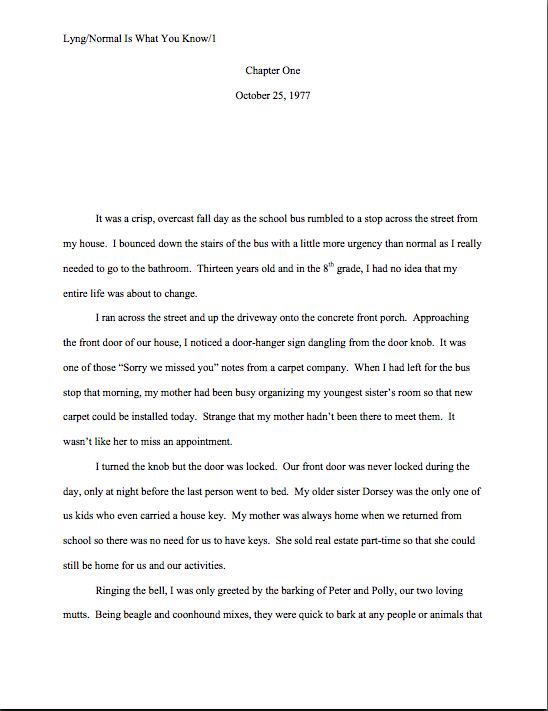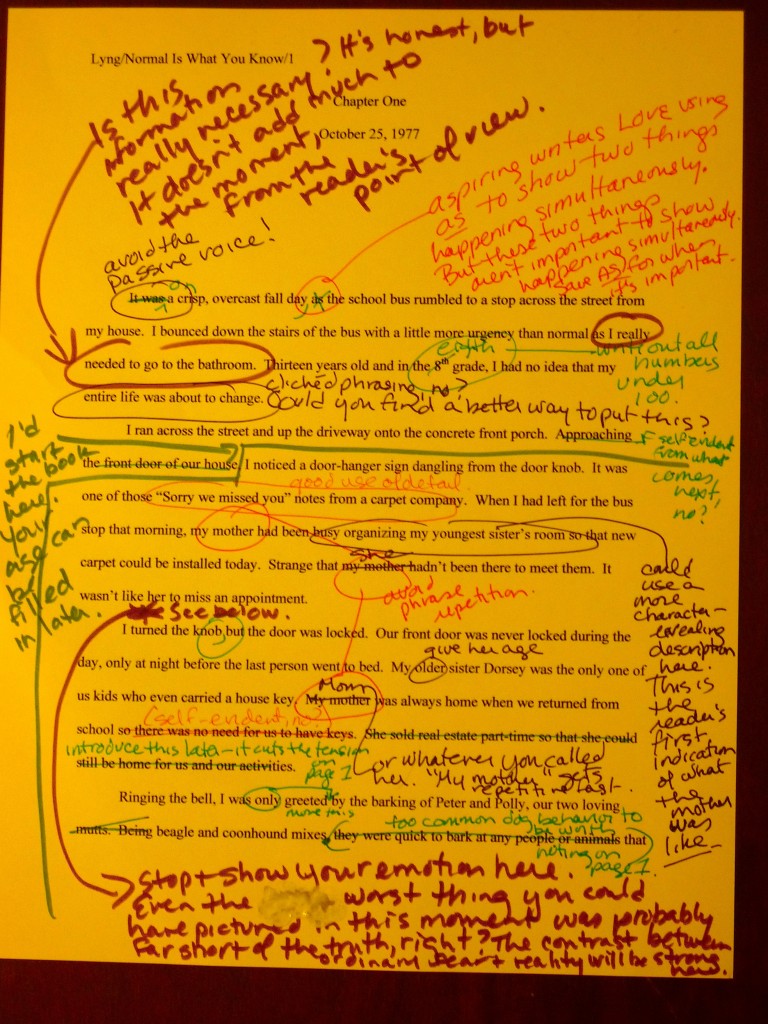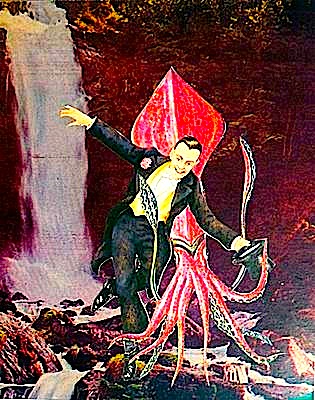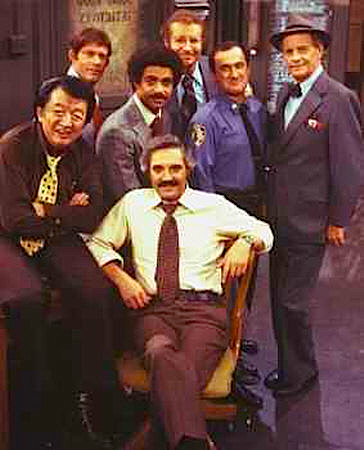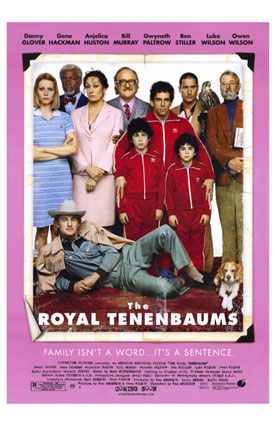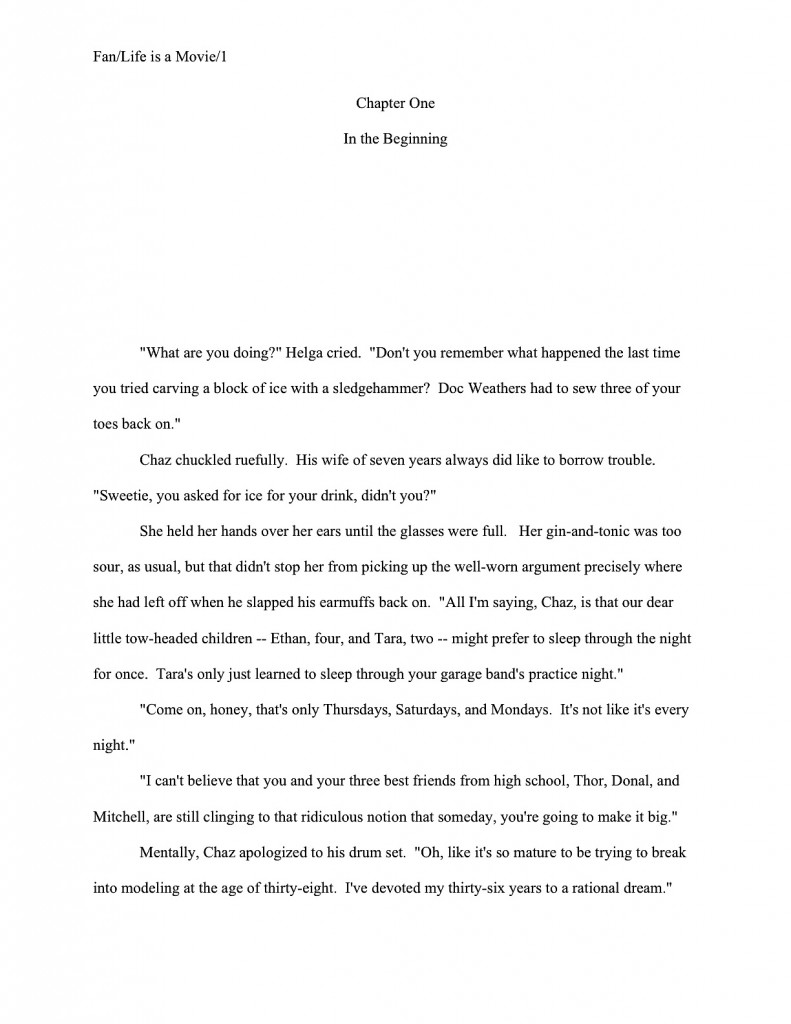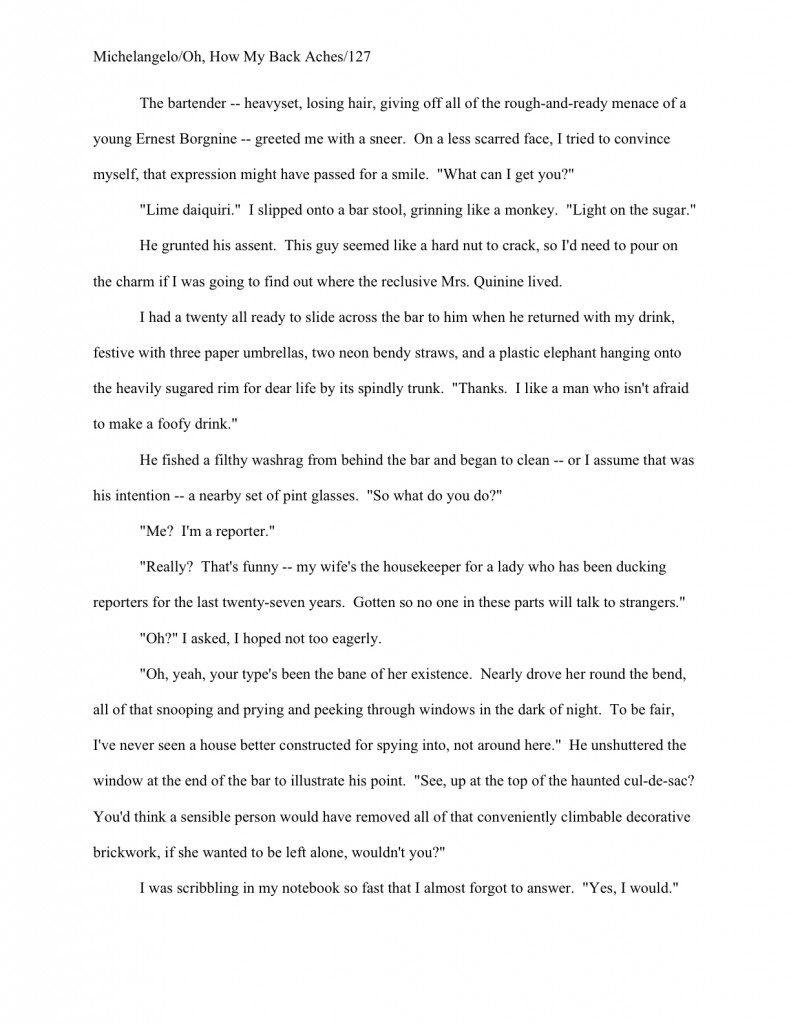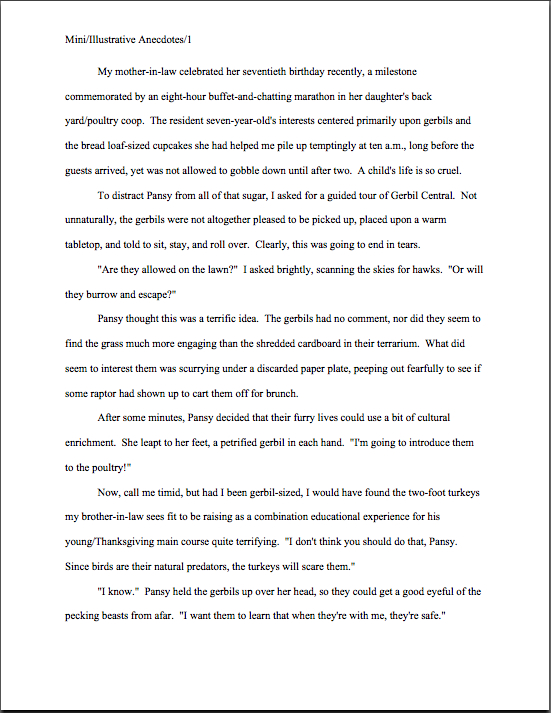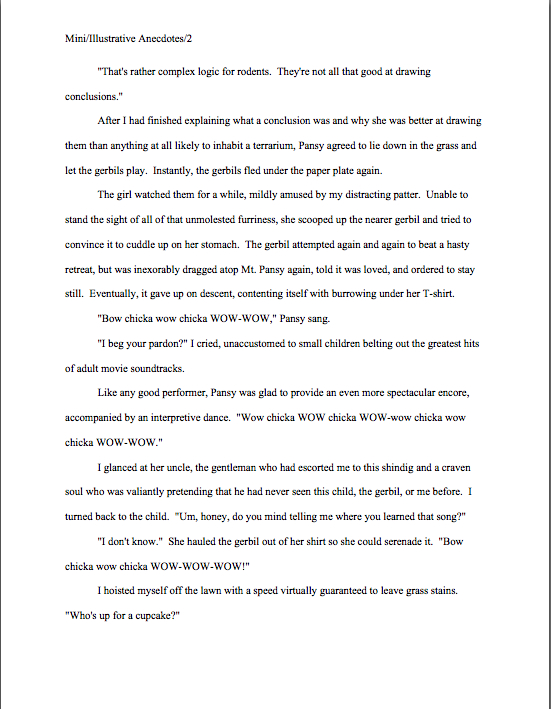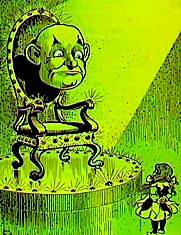
I am Oz, the Great and Terrible, spoke the Beast, in a voice that was one great roar. Who are you, and why do you seek me?
Brace yourselves, campers: I’m going to be a positive fountain of apologies today. First, I’ve only just noticed that the post that I had scheduled for Thursday afternoon, then gone merrily on my way, assuming I had left you entertained and informed, apparently did not actually go up on Author! Author! until earlier today. I have no idea why. Technically, that is; I know why I took a couple of days off from posting. (Hint: dum de dum dum TO ME.)
Second, I’m sorry about the resolution of the picture above; something went wrong in the uploading process that I didn’t have time to figure out and fix because I’m currently writing on a pretty tight deadline. Third, my regrets about the fact that the dialogue I quoted above does not include the grammatically-necessary quotation marks found in the original text; my blogging program would not allow them in a caption, for some reason best known to its programmers. Fourth, I beg the forgiveness of every L. Frank Baum fan out there: I’ve only just noticed that the quote I used is not from Dorothy’s first visit to the Wizard — the subject of the drawing — but one of her companions’.
Fifth, my profound apologies to those of you who have been following this series on synopsis-writing who happen to be promoting a nonfiction book. Not everything I’ve covered so far in Synopsispalooza has applied to you.
In my defense, like so much of the above, that’s not entirely my fault: outside forces dictate that the fiction, memoir, and nonfiction synopsis must all be slightly different. Since novel and memoir synopses are typically closer than nonfiction synopses are to either, I tackled them first.
In the middle of this festival of summary I like to call Synopsispalooza, I’ve been concentrating for so far primarily upon the specialized problems of novel and memoir synopses. Specifically, I went on (and on and on) about the importance of a novel synopsis’ demonstrating beyond a shadow of a doubt that its writer is a gifted storyteller.
For a memoir, this too is crucial: the most gripping real-life account is going to fall flat on the page if it’s not told well, right? So basically, a memoirist should use the same tactics as a novelist, except in the first person and the past tense: make the book sound like a terrific story.
Have I been gone so long that anybody out there does not remember how to pull that off in a 1-page synopsis? Just in case, let’s review its goals:
(1) introduce the major characters and premise,
(2) demonstrate the primary conflict(s),
(3) show what’s at stake for the protagonist, and
(4) ideally, give some indication of the tone and voice of the book.
All of these aims are easily transferable to a memoir, right? All you have to do is think of the memoir as story, rather than autobiography, and yourself as the protagonist, and summarize accordingly.
Does that seem a trifle vague? Okay, I’ll be more specific: A 1-page synopsis for a memoir should answer all of these burning questions — and some of these should sound awfully familiar:
Who am I? (other than the memoir’s author, that is)
What is my background? (Specifically, the part of it that renders it interesting enough to read about for 350 pages — and no, neither rampaging narcissism nor “But I spent all of this time writing it!” are adequate answers.)
How and why was/am I an interesting person in an interesting situation?
Who were the people in my life in the midst of all of this interestingness, and how do they move my story along?
What were my hopes and dreams — and what were the major barriers to my bringing them to fruition? Alternatively, what were my fears and how realistic were they?
What would I have gained by attaining these goals — and what would I have lost if I did not?
Here is how charming I am to follow on the page. Please fall in love with me as a protagonist, me as a writer, and ultimately, me as a client/new author signed to the publishing house/contest winner.
Piece of proverbial cake to pull off in a page, right? Now let’s add in the loftier additional goals of the slightly longer synopsis:
(5) show the primary story arc through BRIEF descriptions of the most important scenes.
(6) show how the plot’s primary conflict is resolved or what the result of adopting the book’s argument would be.
Again, it’s not all that hard to envision synopsizing a memoir in this manner in 3 or 5 pages. Like a novel, a memoir — a good one, anyway — consists of fully-realized scenes, not just a litany I did this and I felt that. Treat Millicent the agency screener to snippets of those scenes, depicted as vividly as possible.
In other words: as for a novel synopsis, you should minimize the number of generalizations in your memoir synopsis. Instead, use as many concrete details as possible — and make sure to include some tidbits Millicent is highly unlikely to see in anybody else’s synopsis. Instead of concentrating upon cramming as much material as possible on the page, focus on making yourself sound original and fascinating.
My, I’m leaning upon the boldface button heavily this evening, amn’t I? It must be the weighty presence of Oz, the Great and Terrible.
Yet for nonfiction — and, if I’m going to be honest about it, some memoir as well — the task of constructing a synopsis is a trifle more complicated. Yes, you do need to come across as a great storyteller with a fascinating story to tell (and argument to make), but you also are charged with the sometimes heavy burden of convincing Millicent that your subject matter as interesting and important, as well as that you are the best possible writer in the universe to consult about it.
Naturally, that case is quite a bit easier to make if your subject matter is already widely recognized as interesting and important. Especially if you happen already to be celebrated internationally for your prowess in explaining it. In that case, you already have what people in publishing call a platform: a demonstrated ability to be able to get people to pay attention to you when you talk on this particular subject.
(Speaking of which, I’ve a favor to ask: over the years, quite a number of you have asked when I am planning to release this blog in book form, so you may have it sitting on your desk as you write. I am seriously considering pulling together a book proposal for a blog-based book this fall, and I could use some glowing blurbs of entreaty and/or testimonials from blog readers to dress up the proposal. If you’d like to help me out and earn my undying gratitude, drop me a line in the comments, and I shall contact you off-site. Thanks!)
If you are not already commanding public attention for your wit and wisdom on the subject matter of your nonfiction project, don’t worry — contrary to depressed murmurings on the writers’ conference circuit, a writer does not need to be already famous in order to have a platform for a particular book.
Yes, really. Trust me, I have a LOT of experience writing all three types of synopsis, as it happens: in recent years, I’ve sold both a memoir and a nonfiction book to publishers, and my second novel is making the rounds even as I type this. Not to mention all of the synopses I see as a frequent contest judge and even more frequent freelance editor. So yours truly has spent quite a bit of time in the last few years hunkered over the odd synopsis, let me tell you. I know whereat I speak.
In fact, just go ahead and imagine the following words of wisdom booming from the mouth of Oz, the Great and Terrible. It will save time and energy in the long run. (And if someone would be willing to say in a blurb that I’m more respected and feared than Oz in his heyday, there might be a candy bar in it for you. I just mention.)
In a nonfiction synopsis of any length, your goal is sixfold — and as those annoying disembodied voices on business’ voice mail systems so love to say, please listen carefully, as our options have changed in recent years:
(1) to present the problem or question the book will address in a way that makes it seem fascinating even to those not intimately familiar with the subject matter (even at an agency that specializes in your type of nonfiction, it’s unlikely that either Millicent or the agent will be very well-read in your particular area of expertise);
(2) to demonstrate why readers should care enough about the problem or question to want to read about it (or, to put it another way: why should Millicent care about it?);
(3) to mention in passing who specifically is already interested in this problem or question, to demonstrate already-existing public interest in the subject (the Sierra Club, Mothers Against Drunk Driving, the Harpo Marx Fan Club, the entire scientific community, etc.);
(4) to give some indication of how you intend to prove your case, showing the argument in some detail (hey, you’re on your own on this one);
(5) to demonstrate why the book will appeal to a large enough market niche to make publishing it worthwhile (not the same thing as official, organized interest, necessarily), and
(6) to show beyond any reasonable question that you are the best-qualified person in the universe to write the book (not, alas, always self-evident to our Millie).
In answer to that immense gulp I just heard: yes, a nonfiction writer does need to pull that off in anywhere from 1-5 pages, depending upon what the agent, publishing house, or contest rules request. I’m not entirely sure that I proved half that much in my master’s thesis.
And let me tell you, it was a pretty good master’s thesis. Oz was impressed, I’m told.
Nonfiction writers tend to have been stellar students, so I’m not at all astonished to see a plethora of hands politely raised already. Good students are frequently full of questions. “But Anne,” many of you point out politely — and believe me, I appreciate it. “That list above reads strikingly like the goals of a book proposal, a lengthy, heavily-detailed document that, correct me it I’m wrong, entire multi-page sections devoted to each of the numbered issues above. If I’m expected to accomplish all of that heavy lifting in the synopsis, what on earth am I supposed to be accomplishing in the proposal?”
The same thing, actually, but at greater length and with more evidence. Next question?
Just kidding; no need to burst into tears at the prospect. Lean in closer, and I’ll let you in on a little well-kept professional secret: a good nonfiction synopsis is not just a summary of the book’s argument, but a super-short book proposal.
Think of it as proposal concentrate. Add a sample chapter, a competitive market analysis, and an annotated table of contents, stir, and hey, you’ve got a book proposal. Not as tasty as fresh-squeezed, perhaps, but Millicent doesn’t have time to watch you argue it from scratch at the query packet stage.
I can feel you tensing up, but seriously, there’s no need. If you can write a book proposal — and you can, if you know enough about your subject matter to write a book — you can construct a really good nonfiction synopsis.
Where to begin, you ask? Well, I used to tell everyone who would listen that the argument was the most important element of a nonfiction synopsis — if it doesn’t come across as coherent and well-reasoned, after all, the book project is sunk. However, watching how nonfiction books are being marketed and bought these days, I’ve changed my tune. (To Dum de dum dum TO ME, apparently.)
Now, Oz the Great and Terrible is telling you that the single most vital aspect of a successful nonfiction synopsis lies in framing the central question of the book in a way that makes it appear not only interesting to Millicent – who, let’s face it, is almost certainly not going to be a specialist in your subject area; she was (or is) an English major, probably at a highly respected New England college — but likely to catch the notoriously fickle eye of the media. Basically, the synopsis needs to present the book’s concept as easy to promote to an already-existing audience.
If you doubt that, take a quick run to your local megabookstore and take a gander at how many political memoirs are coming out this month. It’s not that their subject matter is necessarily more fascinating than other nonfiction topics, or even, in many cases, that the author has such a terrific platform for telling the behind-the-scenes story. (The classic response of White House officials to tell-all books has historically been, “Who? Oh, didn’t he work here once for a week? I don’t even remember what he looked like.”) No, it’s that even the most poorly-written of these books are likely to be discussed on television and radio shows already devoted to such topics.
Hey, the 24-hour news cycle doesn’t feed itself, you know.
Thus, at the risk of observing the obvious, a query packet synopsis that makes Millicent exclaim by the end of the first paragraph, “Oh, this one would be a cinch to promote!” is far, far more likely to generate a request to see the book proposal than one that prompts her to muse, “Hmm, this is beautifully written. Too bad only four people in Southwestern Montana will be interested.”
Up go the hands again. “Excuse me, Anne? I had gathered from your Querypalooza series — conveniently gathered for the benefit of those who missed it under the category of that name on the archive list at the bottom right-hand side of this page — that I was supposed to use the platform paragraph of my query to make the case that a readership already exists for my book. Wouldn’t tackling that again here be redundant?”
Ah, but synopses often end up places that query letters do not. A 1-page nonfiction synopsis might, for instance, sit by the phone for easy reference while an agent pitches the proposal to an editor; a 5-page synopsis might get circulated to an editorial committee before the acquiring editor makes and offer. The better a micro-proposal it is, the better legwork it can do for its writer.
That being said, the synopsis’ presentation of how and why the central problem of the book is typically a bit different from the query’s. It’s longer, for one thing, and less likely to include an explicit statement of how many articles The New York Times has run on the subject within the last two years.
It’s also more likely to be in the form of a story — and before any of you writing books on particle physics start guffawing, hear me out.
Every problem can be framed in the form of a tale; if you doubt that, just crack open any 7th-grade math textbook and take a gander at the word problems. While a purely technical exposition may well seem dry to the non-specialist, vividly-told real-world example of what can and does go wrong if the central problem of the book is not solves can instantly answer the questions, “So why will anybody care about this?” A gripping anecdote can serve the same function for a historical account.
So why not open your synopsis with a gripping one- or two-paragraph anecdote that illustrates what’s at stake in solving the problem tackled by the book?
Don’t laugh — it works. Especially for any sort of biography or memoir, a brief foray into storytelling can demonstrate not only that the writer is a fine storyteller, but can provide an intriguing entree to a subject that might at first glance appear dull to the non-specialist. Which, for example, does a better job of explaining the importance of breakthrough in sewing machine technology, this:
In the old days, a surprising number of textile workers lost fingers or even hands in industrial sewing machine accidents. Tamlyn Baker pondered the problem for forty-five years, invented a new kind of threading machine, then died in obscurity.
Or this:
The thread broke: for the eighth time that month, a burlap sack-maker lost a finger. Like the others, this woman would be fired and go home to tell her children to prepare to starve. Tamlyn swore once again to perfect her hands-free threading device, even if she had to burn every candle in the Midwest staying up to do it.
Okay, so the latter is a trifle melodramatic — but if you were Millicent, which book proposal would you request?
The second most important element of a nonfiction synopsis is the argument: it’s imperative that the synopsis-reader be able to follow it. Show it in logical order, rather than jumping around or leaving pieces out. No need to be pedantic about it, of course: In Chapter Eight… is not a transition likely to impress Millicent with your storytelling acumen.
Why is showing the basic argument of the book so important? Well, in a nonfiction synopsis, you should not only show the content of the book, but also that you can argue coherently.
Yes, you in the tenth row? “But Anne, this seems counterintuitive. Wouldn’t the best way for an agent or editor to check out my argumentative style be to, you know, read my manuscript? Or at least my proposal?”
I could shoot that one down right away, but first, let’s all take a refreshing mental holiday and picture how much easier all of our lives would be people in the publishing industry actually thought that way. Ah, that’s nice: a world where writers’ talent was judged solely by thoughtful, well-paid, prose-loving agents and editors, lounging on comfy sofas in sun-drenched lofts, languidly turning over page after page of entire manuscripts sent to them by aspiring authors because they have literally nothing else to do all day.
And look, outside that massive loft window — do I see a pig flying by, with Jean Harlow on his back, waving sparklers and smooching Clark Gable?
Okay, back to the real world: realistically, a nonfiction synopsis does indeed need to encapsulate the argument that it takes an entire book to make in just a couple of pages — or at least to establish the central question and indicate how you’re going to go about answering it.
Think of it as a tap-dancing audition, your two-minute chance to show your fancy footwork: if you argue well enough here, an agent (or editor at a small publishing house) will ask to see the argument in the book.
Did I just hear some gasps out there? “Two minutes?” a few of you squeak. “How closely can she possibly read my synopsis in that short amount of time? The one-page version perhaps, but the 5-page?”
I didn’t mean to startle you — but yes, that’s about the maximum your synopsis will have under an agent’s (or, more likely, Millicent’s) bloodshot, overworked eyes. Contrary to popular opinion, nonfiction queries and submissions tend not to be treated to much closer or more respectful readings than novels these days — and that’s saying something.
Popular opinion may have a point here, at least at the agency level, because nonfiction has historically been quite a bit easier to sell to the major publishing houses than fiction. At this point in publishing history, though, the market is so tight that it just doesn’t make strategic sense for nonfiction writers to assume that they — or, more accurately, we — don’t need to present book projects as professionally and eye-catchingly as novelists do.
So assume two minutes, maximum, possibly less. Let’s face it, this isn’t a lot of time to establish an argument much more complicated than the recipe for your sainted mother’s cream of tomato soup.
Even if Mom’s methodology consisted primarily of opening a can of Campbell’s, you may find yourself in a descriptive pickle.
It is more than enough page space, however, to demonstrate that you have the writing skills to make an argument where each sentence leads logically to the next. It’s also enough time to show that you have a coherent plan for proving your propositions, and for indicating what evidence you intend to use.
If I seem to be harping on the necessity of making a COMPLETE, if skeletal, argument here, it’s because the single most common mistake nonfiction synopsizers make is to give only PART of the argument, or still worse, only the premise, with no indication of how they intend to make their case. Instead, they use the space to go on a rant about how necessary the book is, essentially squandering precious argumentative space with marketing jargon and premise.
But a solid underlying argument is the sine qua non of the nonfiction synopsis. Period. If it doesn’t appear to hold water — yes, even in a 1-page synopsis — the book simply isn’t going to strike the industry as marketable.
To make it appear as solid in the synopsis as I’m sure it is in the proposal and/or manuscript, don’t forget to mention what kind of evidence you will be using to support your claims. Have you done extensive research? Exhaustive interviews? Hung out with the right people?
If you have a professional background in the subject matter of your book that unquestionably renders you an expert, or personal experience that gives you a unique insight into the subject, try to work that into the synopsis, early on. Otherwise, stick to the subject matter and explain what your book is going to teach people about it;
I use the term teach advisedly, because it is often quite helpful for synopsis writers to think of the task as producing a course overview for the lesson that is the book’s content: how will this book help readers, and what kind of readers will it help? Ultimately, how will both these readers and the world around them be better off because they read this book?
Oh, you don’t think your work is that important? If you don’t believe that your writing is capable of making the world a better place, why put in all of the effort to write it, break your heart querying, or bite your nails down to the elbow while you are waiting to hear yea or nay on your book proposal?
Once you have made the book’s worth clear, how about demonstrating precisely what about your approach will captivate those readers as no other will? Of course, I’m not talking about TELLING a potential agent or editor how terrific the book is — that’s the book proposal’s job, right? — but SHOWING that you can write the heck out of this topic.
Remember, it’s your job to make your subject matter sound absolutely fascinating. To achieve this successfully, a good nonfiction synopsis needs to show how the book’s take on the topic on it is original.
At the risk of repeating myself, in order to do that, you are going to have to spell out your argument. Not merely in generalities, but in sufficient detail that — everyone chant it with me now — an agent, editor, or contest judge could understand it sufficiently to describe it to someone else without having read the book.
Because, let’s face it, that’s precisely what Millicent the agency screener is going to have to do in order to get her boss to ask to see your book proposal or manuscript — and what her cousin Maury the editorial assistant will have to do to get his boss even to consider publishing it.
Have I convinced you yet that you really do need to present a cohesive, well-argued theory here? And did I happen to mention the importance of its being cohesive?
Easier said than done, of course. In the author’s mind, the argument often lies the details, not in the larger, more theoretical points. How can you narrow it down? It’s helpful to have an outline of your proposed chapters in front of you, so you can use the synopsis to demonstrate how each chapter will build upon the next to make your overall case.
Oh, don’t groan. If you’re writing a nonfiction book, you are going to need to pull together a chapter-by-chapter overview anyway, to include in your book proposal: it’s called the annotated table of contents. This moniker is a tad misleading, because it brings to mind the simple chapter title + page number tables of contents we’ve all seen in published books. An annotated table of contents consists of the titles in order, yes, but it also contains a paragraph or two about the argument or material to be presented in that chapter.
For tips on how to pull this off successfully, please see the HOW TO WRITE A BOOK PROPOSAL category on the list at right. I’ll still be here when you get back.
Don’t get so caught up in reproducing the argument in the synopsis, though, that you overlook working in a brief explanation of why the world needs your book, and why you are the best person imaginable to write it. This is typically the greatest difference between a fiction and a nonfiction synopsis: while a platform always helps for a novelist, it’s often not practicable for a science fiction writer to say, “I’m an expert on life on the planet Targ, having lived there for forty-seven Targian years (two months our time),” is it?
If you are writing on a subject that has already been well-trodden by past authors, it’s even more vital to make these points clear. The synopsis needs to render it apparent to Millicent and Maury at a glance why your book is different and better than what’s already on the market.
In answer to the small, instinctive moans of protest that just escaped from your gullet: yes, this is repetitive with material you will cover in your book proposal. As I mentioned above, in most of the contexts in which your synopsis will travel — tucked into an envelope with a query letter; accompanying a sample chapter or contest entry; floating around a publishing house after an editor has already fallen in love with your proposal — the reader will not also be clutching your proposal.
In other words: don’t count on its being available to make your case. Your goal should be to produce a synopsis that shows off your writing skills, the strength of your argument, and the inherent marketability of your book in a fraction of the space allotted to a proposal.
As always, there is no need to be heavy-handed in your own praise to achieve this, either. To prove it to you, I’m going to give you a sample opening, modest enough that it would strike no one as overbearing. Read carefully, as there will be a pop quiz afterward to see if you can spot the ways that this paragraph achieves Goals #3 and #4:
Have you ever wondered what goes on underneath the snow while you are skiing on top of it? Although there are many books currently on the market for the US’s 1.3 million snowboarding enthusiasts, MOUNTAINS MY WAY is the first to be written by a geologist. Seen through the eyes of a professional rock hound with thirty years of experience in the field, the reader is introduced to mountains as more than an array of cold, hard rocks: mountains emerge as a historical document, teeming with life and redolent of all of the stages of human history.
How did you do? Give yourself points if you noticed that the opening question was an excellent hook: it grabbed the reader, showing immediately how this book might relate to the reader’s practical life; a rhetorical question for which the book itself provides an answer is a great way to establish a book’s appeal at the very beginning of the synopsis.
Also, pat yourself on the back fifty times if you zeroed in on the subtle way in which this paragraph dissed the competition — the implication here is that the authors all previous books on the subject were such boneheads that THEY thought mountains were just collections of rocks.
No one is naming names here, but those authors know who they are. Shame on you.
Take yourself out for a cupcake if you noted the clever (if I do say so myself) use of demographic information. (Which I made up wholesale for example’s sake, so for heaven’s sake, don’t quote it elsewhere.) If you have statistics on your prospective market, this is the place to mention them — here, and in your query letter, and in your pitch. As in:
Currently, two million Americans have been diagnosed with agoraphobia, yet there are few self-help books out there for them — and only one that is actually written by an agoraphobic, someone who truly understands what it feels like to be shut in by fear.
Why is it so important to hammer home the statistics in every conceivable piece of marketing material for your book? Well, no matter how large the prospective audience for your book is (unless it is an already such a well-covered market that anyone in the industry could reasonably be expected know about it, such as golf fans), you can’t ever, ever assume that an agent or editor will be aware of its size.
ALWAYS assume that they will underestimate it — and thus the market appeal of your book. Oz, the Great and Terrible, tells you that more often than not, they will.
While Oz’ booming tones are echoing around in your brainpan, I think I shall end for the day, so all of your nonfiction writers out there may go off and meditate upon your target demographic and why it desperately needs your book. Join me tomorrow for another Synopsispalooza post, everyone, and keep up the good work!

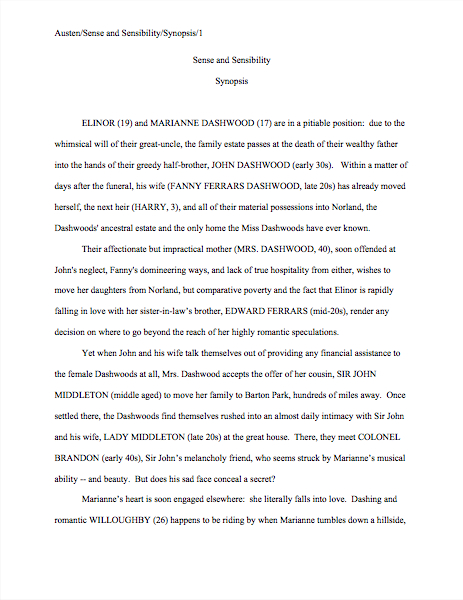
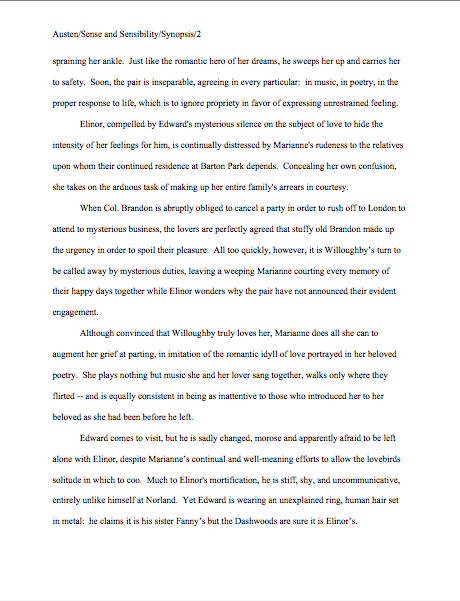
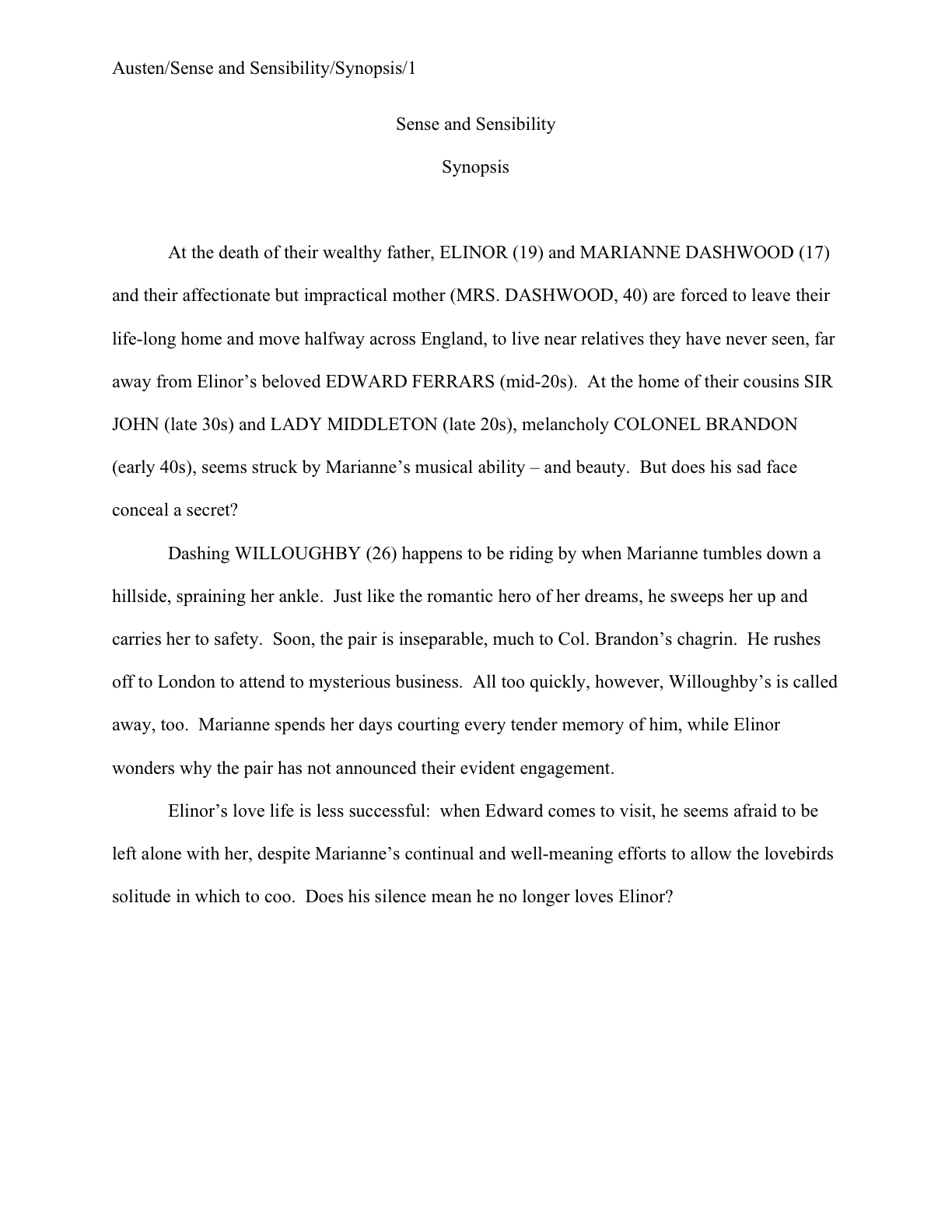







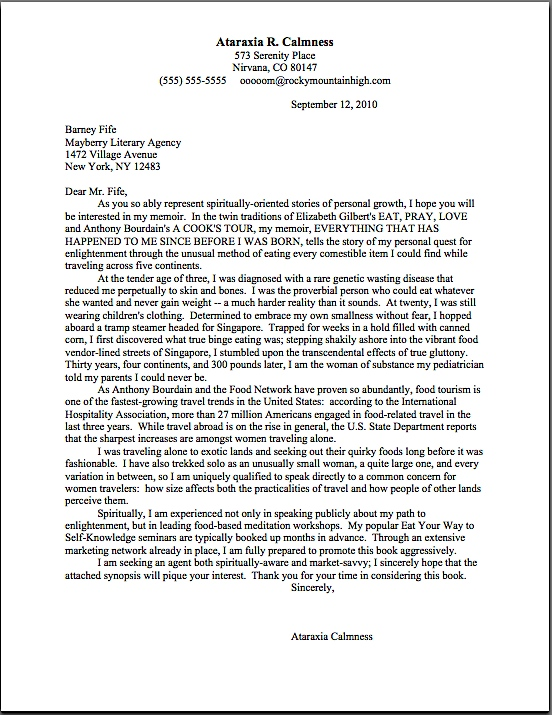
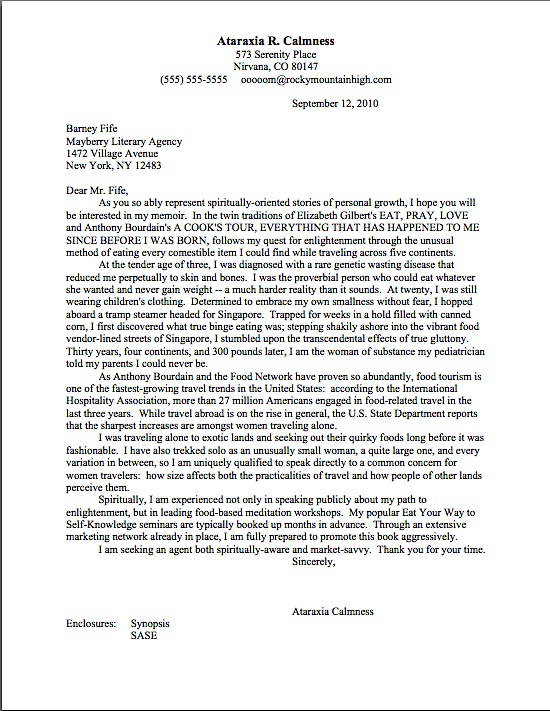
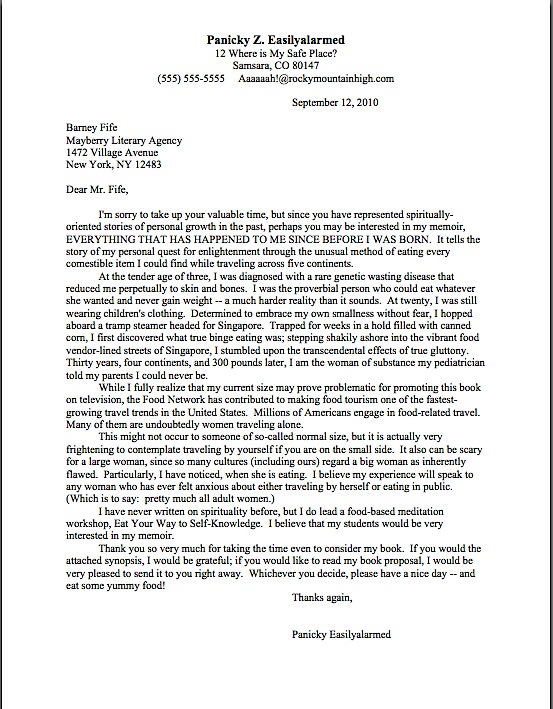
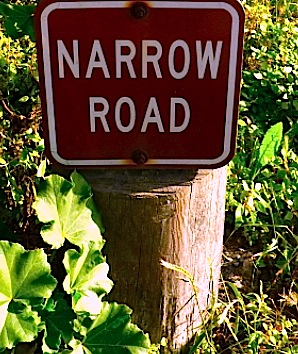
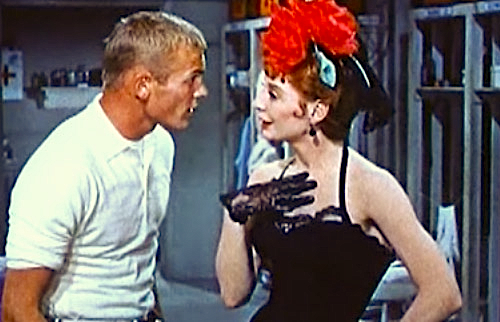

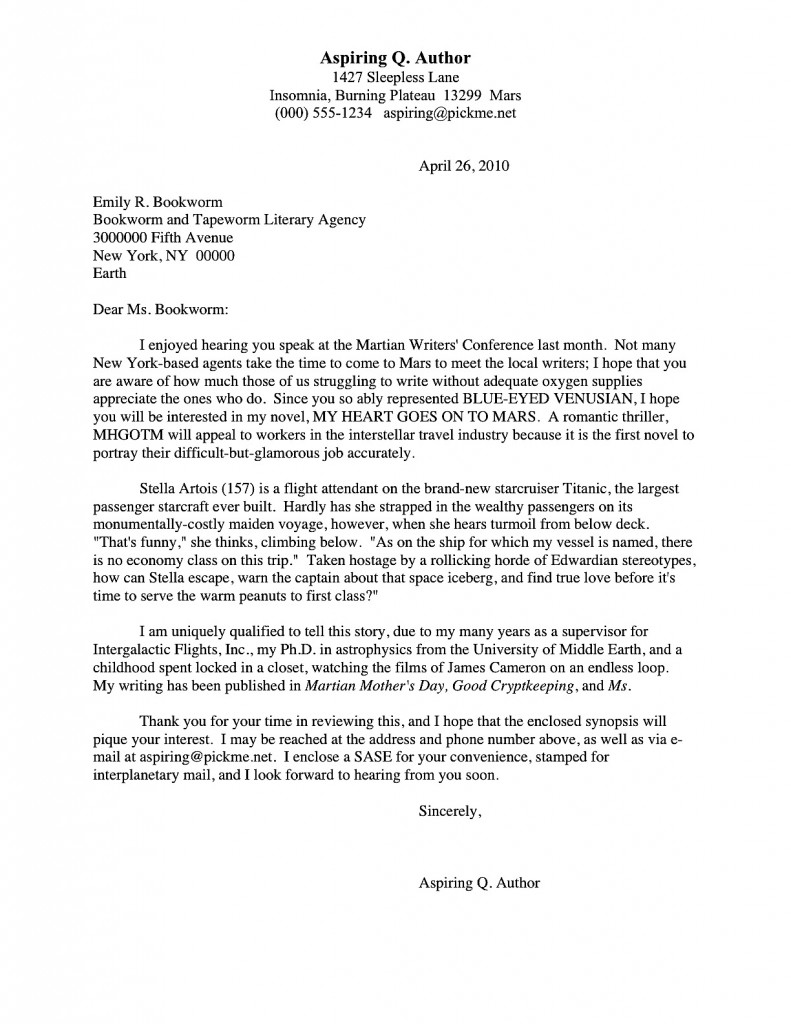
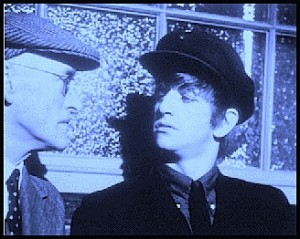
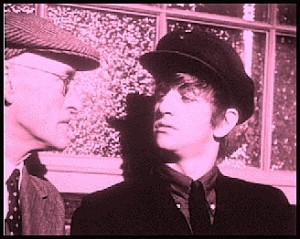
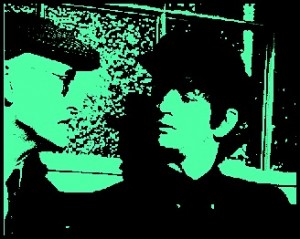
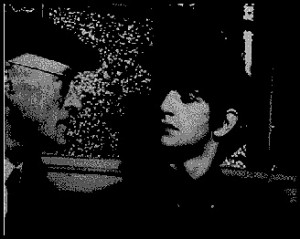
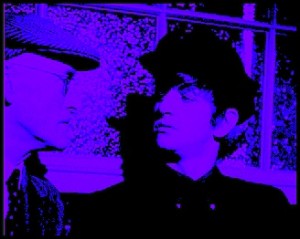
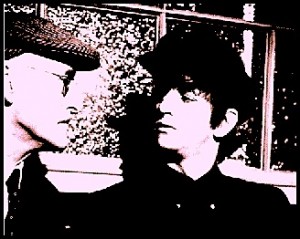
 Like any other reader, individual agents have individual likes and dislikes. As a logical result, there is no such thing as a query letter that will please every agent currently in practice.
Like any other reader, individual agents have individual likes and dislikes. As a logical result, there is no such thing as a query letter that will please every agent currently in practice.


